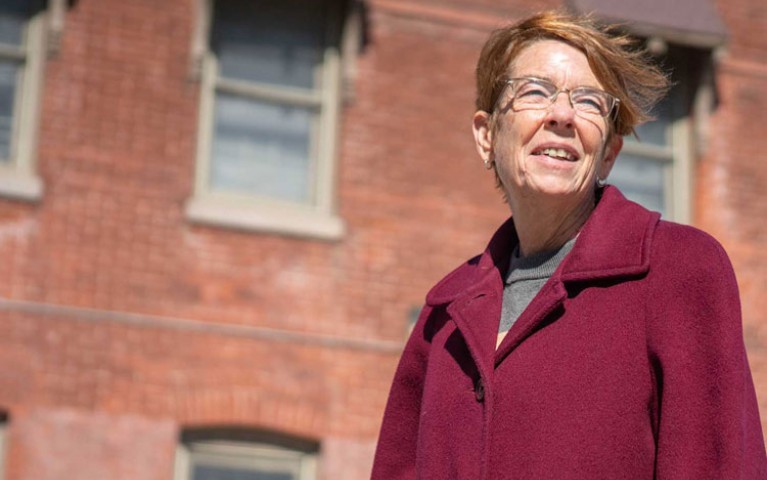Roots and Branches: What Comes After COVID?

The COVID-19 pandemic still shapes our lives, but there are signs of hope and change in the air. The number of new cases is declining from its unthinkable high this winter, and the number of individuals vaccinated is increasing (thanks to the tremendous work of our healthcare staff and our partners at Jefferson). We are starting to envision a return to some kind of modified normal.
Though we know it’s far from over, it’s not too early to start gleaning lessons from this trying episode in our society and our world. As we think of the many ways COVID-19 has impacted our lives, one particular hardship during this past year is how it affected individuals in recovery. We have seen up close the severe mental strain of anxiety and isolation, which can be triggers for persons grappling with long-term addictions. We have struggled with obstacles to maintaining nurturing relationships and supportive connections that are the lifeblood of the recovery journey. Residents and staff have been creative and innovative—including the use of technologies—to ensure that everyone continues to have access to services and programs but also to relationships and human connection in a time of necessary physical distance.
In extraordinary times such as this pandemic, we are learning to envision new and creative ways to ensure the human connection that is vital to our wholeness as people and as a society.
As we have navigated these challenges, we are more convinced of a core conviction that informs our work and mission: All of us are, in some way or another, in recovery—from addictions, childhood messages, societal racism, individualism, consumerism. Whatever our own recovery issues, we all need the support of family, friends, and others who share our struggles and yearnings. In extraordinary times such as this pandemic, we are learning to envision new and creative ways to ensure the human connection that is vital to our wholeness as people and as a society. We cannot lessen our commitment to the Beloved Community.
We look forward to a time (hopefully soon!) when we can freely embrace one another, and we can gather in celebration and mutual support. But perhaps this hard time offers us a gift: the chance, post-pandemic, to shed the hyper-individualism and the social divides that keep us from knowing how deeply we need each other. A chance to understand how profoundly true it is that none of us are home until all of us are home—and we will, together, hasten our steps on that beautiful journey.